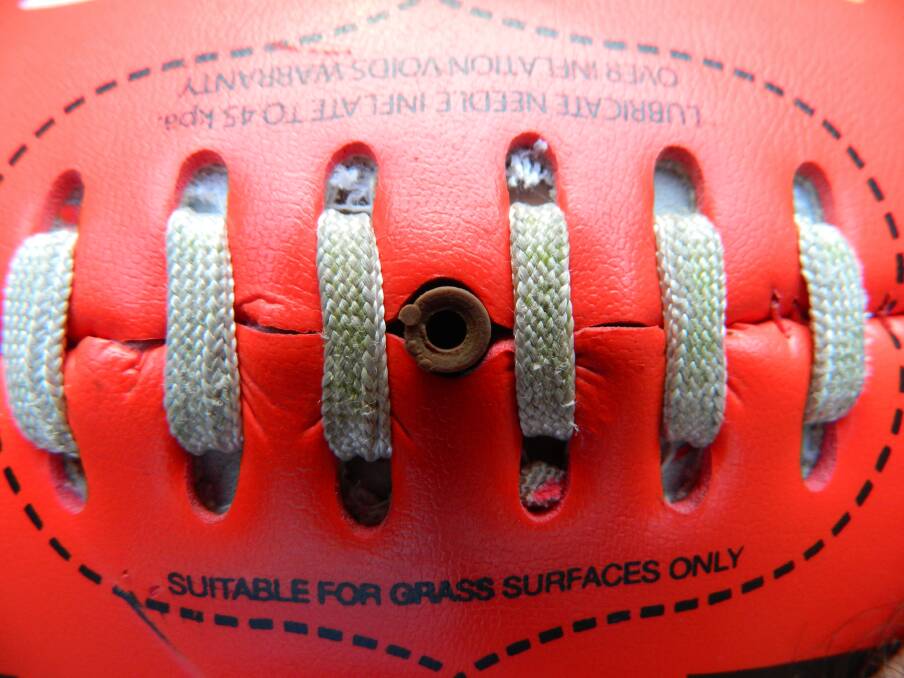
From time to time we hear people saying that the game of Australian Rules isn’t what it used to be.
Subscribe now for unlimited access.
or signup to continue reading
Its value as a spectator sport has even caused the AFL to recently look into forming a working group, made up of former players, media personalities and commentators, to analyse the “look of the game”.
I can certainly appreciate that aspects of the modern game of Australian football are not to people’s liking, such as the length of matches or tactics like flooding or congestion. These have evolved from the professionalisation of the game, and should be addressed to ensure the sport remains entertaining and exciting to watch.
But while I applaud that concern for impacts to the head is now acknowledged more widely, I’m conscious that many still prioritise the “look of the game” over player safety, lamenting that the game has become “dull” or “soft” since it was “cleaned up”.
Researchers, like myself, investigating the effect of repetitive head impacts have never been about making the game “soft”. Rather, we’re about ensuring our athletes, at all levels, are able to see out their careers until their natural end and – importantly – enjoy life when they retire.
We would never expect to prematurely retire because our workplace was unsafe, or because we sustained too many work-related injuries. We advocate for strict safety standards on building sites and in factories.
We even accept the importance of ergonomic desk set-ups in our air-conditioned offices.
But insist that our footballers, professional and amateur, should be able to play their sport without fear of being unnecessarily injured, and having their career cut short?
You can’t do that, it will make the game boring.
Don’t get me wrong, physicality in football codes is what attracts people to play and watch these sports. Incidental injuries are part and parcel of all sports. But unnecessary injuries, through dangerous tackles and behind the play biffs, are not part of a safe sporting workplace.
We lament when a young player makes an emotional announcement that their promising career has been cut short due to concern for their long-term brain health because of too many knocks to the head. Yet we bemoan the softening of our national sport because of precautions being taken to protect the most important organ in the body. We can’t have it both ways.













